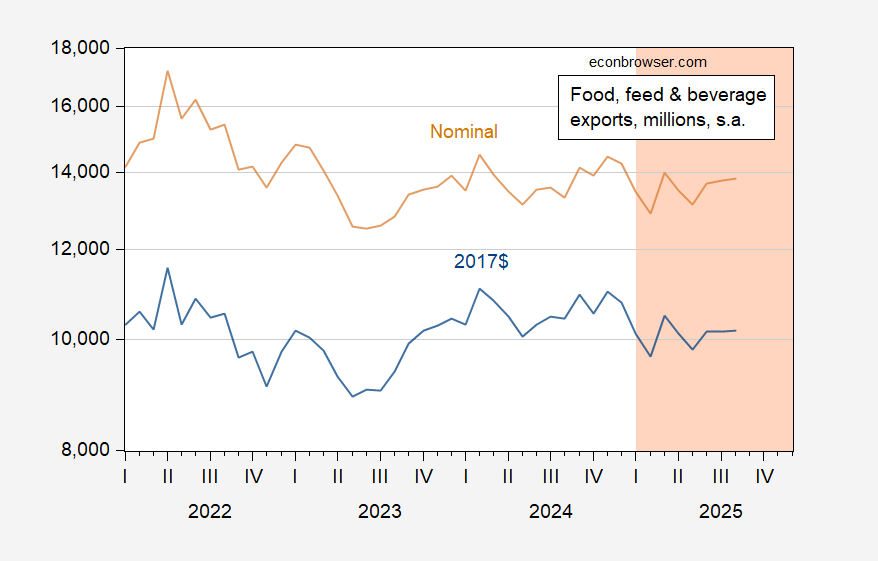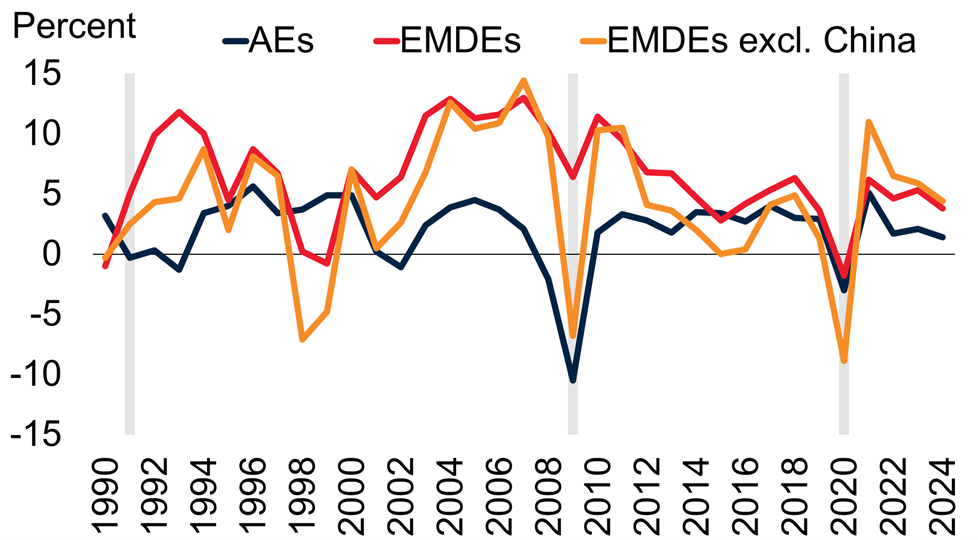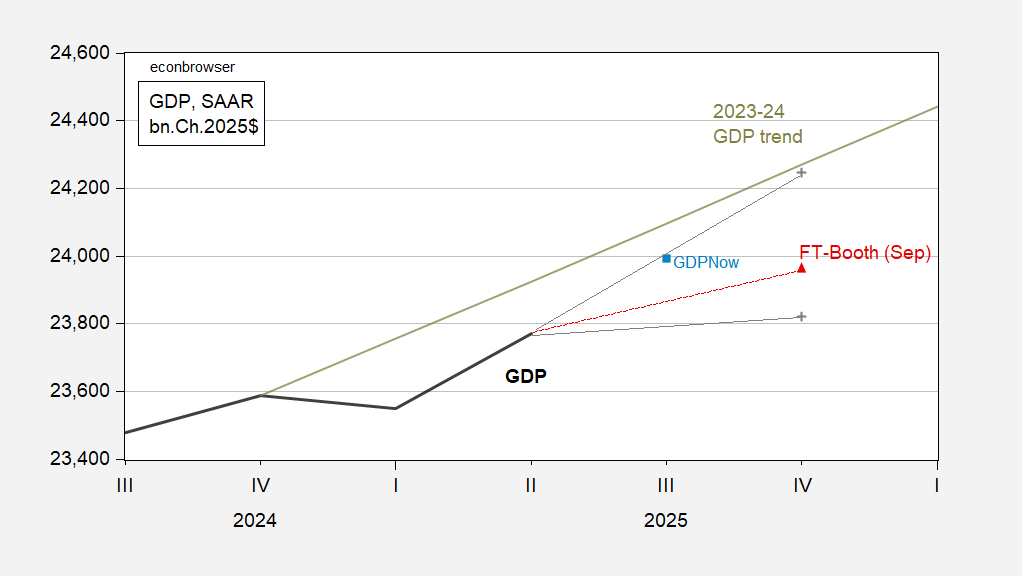
The agricultural sector is facing a troubling downturn, a reality starkly exemplified by the lackluster performance of soybean exports. As we analyze the data, it becomes clear that the anticipated surge in agricultural exports is unlikely to materialize.
Despite historically high export volumes in September and October, which are typically robust months for shipments to China, the current numbers tell a different story. As of September 18, there have been zero soybean sales to China—no actual shipments and no commitments. This bleak scenario underscores a critical issue: while American farmers struggle to compete on the global stage, countries like Argentina are seizing the opportunities that our inaction has created. The Argentine government recently secured a $20 billion credit line from the U.S. administration—an act that may inadvertently bolster our competitors while leaving American farmers in the lurch.
The implications of this export decline extend far beyond the immediate economic impact on farmers. They reflect a broader systemic failure to support U.S. agriculture in a competitive global market. The lack of strategic investment and proactive policies to bolster our agricultural exports is a disservice not only to farmers but also to the communities that rely on agriculture for their livelihoods. It is crucial that we recognize how interlinked our agricultural policies are with issues of social justice and economic equality.
America’s farmers are the backbone of our economy, yet they are often left vulnerable to the whims of international markets and fleeting political decisions. The failure to secure sales with a key partner like China highlights an urgent need for a comprehensive reevaluation of our agricultural export strategies. We must demand accountability from our policymakers to prioritize the interests of American farmers, ensuring that they are equipped to thrive in an increasingly competitive global market.
This moment calls for a bold vision—a commitment to investing in our agricultural sector that acknowledges the critical role it plays in ensuring food security, economic stability, and social justice. We must hold our leaders accountable and challenge the entrenched systems that allow for such inequities to persist. The struggles of our farmers are not merely economic statistics; they are human stories of resilience and hope that deserve our unwavering support and action. As we grapple with these challenges, let us remember that the fight for equality, fairness, and human rights starts with ensuring that our farmers are not left behind.
This article highlights the importance of Agricultural Exports Decline.


